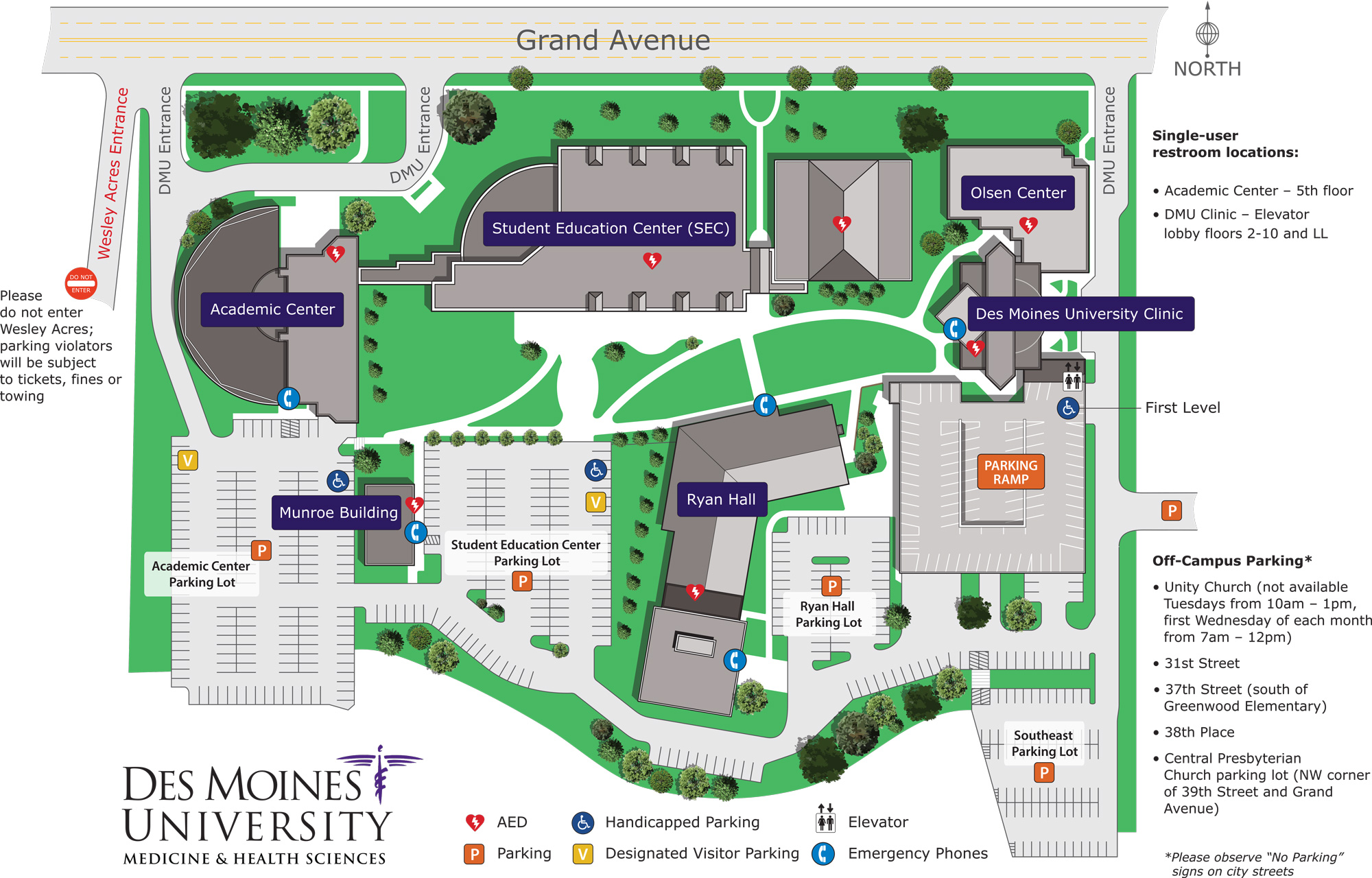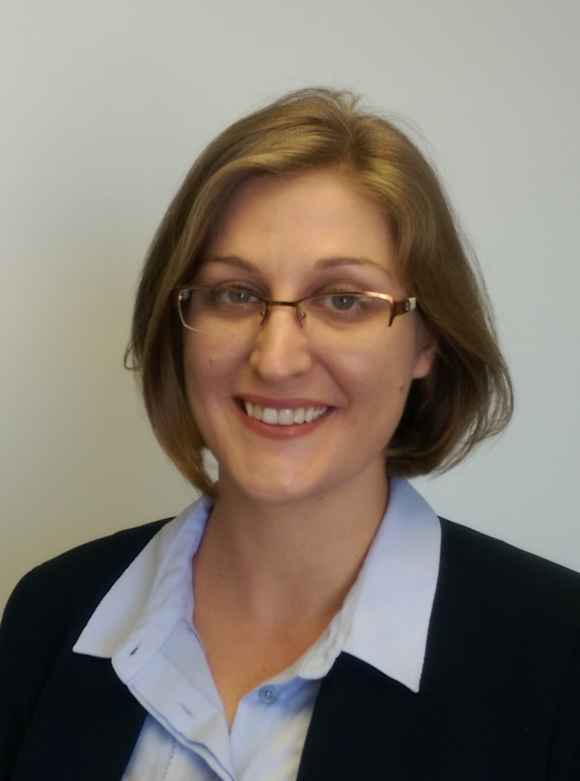7th Annual LGBTQ Health & Wellness Conference: Intersectionality As a Framework
| Registration |
|---|
|
Target Audience
Healthcare professionals and community members.
Purpose
Welcome to the 7th Annual LGBTQ Health & Wellness Conference! We are excited to have you join us as we work toward creating safer and more welcoming environments for LGBTQ Iowans in health care settings.
Our theme for this year’s conference is “Intersectionality as a Frame”. Many LGBTQ Iowans face additional barriers to health care based on how their LGBTQ identity intersects with their race, ability status, income level, immigration status, and more. Through this conference, we aim to encourage dialogue about how we can best serve community members who hold multiple marginalized identities.
In October 2018, University of Iowa College of Public Health, One Iowa, Des Moines University, and the Iowa Cancer Consortium released the LGBTQ Health in Iowa report, providing a much needed update to our understanding of LGBTQ health care access in our state. Unfortunately, this report made clear that we still have a lot of work to do to ensure every LGBTQ Iowan is able to access the care they need to be healthy. We encourage you to take a look at this report both online and at today’s conference.
We gather at this conference with a common goal: addressing the health inequities and disparities LGBTQ Iowans continue to experience in our state. We look forward to working with you as we overcome challenges and obstacles through education, collaboration, and better understanding of the LGBTQ community’s health and wellness needs. Together, we can create safer and more welcoming health care environments for LGBTQ Iowans throughout the state!
Educational Need
Over the last several decades, there has been growing awareness that lesbian, gay, bisexual, transgender, and queer (LGBTQ) people may have distinct health needs. Indeed, scientific evidence has shown that sexual and gender minority individuals are more likely to smoke, be overweight, have greater risk of certain cancers, attempt suicide, encounter discrimination, face social stigma, and be less likely to receive appropriate health care than heterosexual and cisgender peers.
Agenda
| 8 am | Registration and Light Breakfast | ||
| 9 am | Welcome Angela Walker Franklin, PhD, President, Des Moines University | ||
| 9:15 am | Opening Keynote Address: Cultural Trauma in the LGBTQ Community Joby Holcomb, LMHC, CADC, Private Practice Therapist
| ||
| 10:15 am | Break | ||
| 10:30 am | Breakout 1: PrEP and HIV Updates Heather A. Smith, MSW, Prevention Services Manager, The Project of Primary Health Care, Inc.
| Breakout 2: Queer People of Color in Iowa: What Survey Data Tells Us Paul Gilbert, PhD, Professor and Lead Investigator, University of Iowa
| Breakout 3: LGBTQ 101 Keenan Crow, MPP, Director of Policy and Advocacy, One Iowa
|
| 11:30 am | Lunch | ||
| 12:30 pm | Breakout 1: Harm Reduction and the LGBTQ Community Sarah Ziegenhorn, Executive Director and Founder, Iowa Harm Reduction Coalition
| Breakout 2: Sexual Assault and the LGBTQ Community Kimmie Andresen-Reed, LGBTQIA Services Coordinator, RVAP
| Breakout 3: LGBTQ 201 Keenan Crow, MPP, Director of Policy and Advocacy, One Iowa
|
| 1:30 pm | Break | ||
| 1:45 pm | Breakout 1: Iowa’s Medical Cannabidiol Act Owen Parker, MPH, Program Manager, Office of Medical Cannabidiol, Iowa Department of Public Health
| Breakout 2: Disability and the LGBTQ Community Emmanuel Smith, PABSS Advocate, Disability Rights Iowa
| Breakout 3: Transgender and Non-Binary 101 Max Mowitz, Office and Volunteer Coordinator, Young Women’s Resource Center
|
| 2:45 pm | Break | ||
| 3 pm | Ending Keynote: Good v. Iowa: DHS Update Rita Bettis Austen, JD, Legal Director, ACLU of Iowa
| ||
| 3:30 pm | Policy Overview in Iowa Keenan Crow, MPP, Director of Policy and Advocacy, One Iowa
| ||
| 3:45 pm | Adjourn | ||

Des Moines University is located on a 22-acre campus in the heart of Des Moines, Iowa. Just west of downtown on Grand Avenue, the University is located in one of Des Moines' most prestigious neighborhoods. The campus is in a historic neighborhood filled with tree-lined streets and gracious older homes and businesses. Its central location makes it easy to access the rest of the city and outlying communities. The campus is close to the Des Moines International Airport, located on the bus line and just blocks from local shopping and downtown Des Moines.

Joby Holcomb, LMHC CDAC received his Master’s degree from Drake University and has worked with children, adolescents, adults, couples and families in a variety of settings including psychiatric medical institutes for children, outpatient substance abuse treatment programs, community mental health centers and private practice mental health.
Mr. Holcomb is currently in private practice and was recently appointed as a special consultant for LGBTQ mental health in the state of Iowa. He conducts trainings across the state and region for organizations, schools, community mental health agencies and healthcare facilities on topics and issues impacting the LGBTQ community. He also provides supervision and consultation for students currently working on completing their master’s degree or working towards independent licensure.
Mr. Holcomb's specialty areas include emerging substance use trends, transgender mental health, LGBTQ therapeutic best practices, trauma-informed care for LGBTQ individuals, gender dysphoria and body dysmorphic disorders. He currently serves on the One Iowa board of directors, is a member of the LGBT Advisory Council for the Des Moines Civil and Human Rights Commission, and participates on an advisory board for New Beginnings Counseling Service.

Rita Bettis Austen is the ACLU of Iowa’s legal director. In that role, she oversees the legal program’s efforts to promote and protect the basic rights and freedoms of all Iowans, and has worked on cases championing voting rights, freedom of speech, racial justice, gender equality, reproductive freedom, LGBT equality, immigrants’ rights, fair sentencing for juveniles, and the rights of the accused.
Prior to becoming legal director, she was a staff attorney and legislative director for the ACLU of Iowa. She is a graduate of the University of Iowa College of Law, where she was editor in chief of the international law journal Transnational Law & Contemporary Problems. She is licensed to practice law in Iowa, New York, and Louisiana.
Disclosures
Relevant to the content of this educational activity, the following individuals have no conflict of interests with commercial interests to disclose.
- Jordan Allen, DO'21, Planning Committee Member
- Kimmie Andresen-Reed, Speaker
- Rita Bettis Austen, JD, Speaker
- Emily S. Brown, BA, Planning Committee Member
- Keenan Crow, MPP, Speaker
- Paul Gilbert, PhD, ScM, Speaker
- Daniel Hoffman-Zinnel, EdD, Activity Director, Speaker, Moderator
- Joby Holcomb, LMHC, CADC, Speaker
- Buffy Jamison, MA, Speaker
- Jamesetta Mator, MPH, Planning Committee Member
- Helena Mica, MS, MA, Planning Committee Member
- Max Mowitz, Speaker
- Ashley Parker, BSW, Planning Committee Member
- Owen Parker, MPH, Speaker
- Tyler A. Rutherford, DO'22, Planning Committee Member
- Rich Salas, PhD, Activity Director, Speaker, Moderator
- Olivia Samples, Planning Committee Member
- Heather A. Smith, MSW, Speaker
- Emmanuel Smith, Speaker
- Beth Turner, MA, CHES, Planning Committee Member
- Sarah Ziegenhorn, Speaker
Continuing Education Credit
 MD: This activity has been planned and implemented in accordance with the accreditation requirements and policies of the Iowa Medical Society (IMS) through the joint providership of Des Moines University
MD: This activity has been planned and implemented in accordance with the accreditation requirements and policies of the Iowa Medical Society (IMS) through the joint providership of Des Moines University  (DMU) and OneIowa. DMU is accredited by IMS to provide continuing medical education for physicians. DMU designates this live activity for a maximum of 4.75 AMA PRA Category 1 Credit(s)™. Physicians should only claim credit commensurate with the extent of their participation in the activity.
(DMU) and OneIowa. DMU is accredited by IMS to provide continuing medical education for physicians. DMU designates this live activity for a maximum of 4.75 AMA PRA Category 1 Credit(s)™. Physicians should only claim credit commensurate with the extent of their participation in the activity.- DO: Des Moines University (DMU) is accredited by the American Osteopathic Association (AOA) to provide osteopathic continuing medical education for physicians. DMU designates this program for a maximum of 4.75 AOA Category 2-A credits and will report CME and specialty credits commensurate with the extent of the physician’s participation in this activity.
- Nurse: Des Moines University is Iowa Board of Nursing approved provider #112. This live activity has been reviewed and approved for 4.75 continuing education contact hour(s). No partial credit awarded.
- Other Health Professionals: This live activity is designated for a maximum of 4.75 AMA PRA Category 1 Credit(s)™.
Educational Grants
No commercial interest company provided financial support for this continuing education activity.
Disclaimer
Everyone in a position to control the content of this educational activity will disclose to the CME provider and to attendees all relevant financial relationships with any commercial interest. They will also disclose if any pharmaceuticals or medical procedures and devices discussed are investigational or unapproved for use by the U.S. Food and Drug Administration (FDA). Determination of educational content and the selection of speakers is the responsibility of the activity director. Firms providing financial support did not have input in these areas. The information provided at this CME activity is for continuing education purposes only and is not meant to substitute for the independent medical judgment of a healthcare provider relative to diagnostic and treatment options of a specific patient’s medical condition. The content of each presentation does not necessarily reflect the views of Des Moines University.
Available Credit
- 4.75 AMA PRA Category 1 Credits™
- 4.75 AOA Category 2A
- 4.75 CE Contact Hour(s)
Price
Cost:
- $0: Des Moines University students, faculty, and staff
- $25: Community members
- $50: Providers

 Facebook
Facebook X
X LinkedIn
LinkedIn Forward
Forward